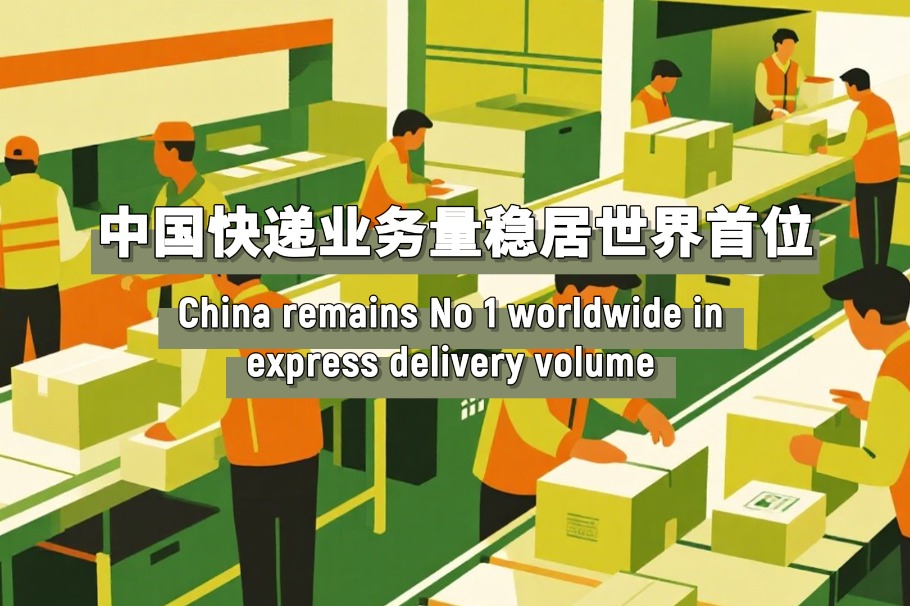Intersport breaks mold, shifting its product manufacturing to China

Intersport International Corp, a leading sporting goods retailer based in Switzerland, is weighing a production pivot toward China.
The retailer sees an opportunity to tap China's unrivaled supply chain efficiency at a time when rivals are shifting production to Southeast Asia and other developing-country markets.
Intersport International's new CEO, Tom Foley, told the Financial Times recently that the group is considering sourcing a greater share of its private-label products from China. The category accounted for about 1.4 billion euros ($1.53 billion) in revenue last year.
The move comes as many sporting goods brands increasingly shift production to countries such as Bangladesh and Vietnam, where tariff rates are lower. Such moves, Foley said, "might put pressure on production capacities in markets that ordinarily would not have that".
Intersport, with 5,500 stores across 42 countries, generated 14 billion euros in revenue last year. It sells both its own private-label goods and products from brands such as Nike and Adidas. The company did not respond to a China Daily request for comment.
Industry experts said China remains a formidable manufacturing base for sporting goods despite cost and tariff pressures.
"China's sporting goods manufacturing sector has evolved into a comprehensive, well-matured ecosystem that spans virtually every product category," said Adam Zhang, founder of Key-Solution Sports Consulting.
Zhang pointed to recent breakthroughs in advanced materials such as carbon fiber. "Who could turn down a supply chain that is superior in quality, highly efficient and the global benchmark for cost leadership?"
Quanzhou, Fujian province, is one such hub, producing one in five pairs of athletic shoes sold worldwide, said Ding Wanyu of Haiou Shoes Materials Co, which is based in Quanzhou.
Ding said the city's industrial cluster allows all components to be sourced within a 50-kilometer radius in under 72 hours, while Shoe & Textile City — a trading mall in Quanzhou — offers one-stop procurement. Local firms also invest heavily in in-house research and development, combining biomechanics, materials science and data analytics to improve performance, she said.
Bai Ming, a researcher at the Chinese Academy of International Trade and Economic Cooperation, said that sportswear players such as Adidas and Nike have been shifting some production out of China in the past several years due to rising labor costs and higher tariffs.
However, for companies where labor is a small proportion of total costs and demand for high quality products, technology and know-how is critical, China's seamless integration of its supply chain, ability to quickly integrate design changes, and speed-to-market capabilities remain hard to match, said Bai.




































